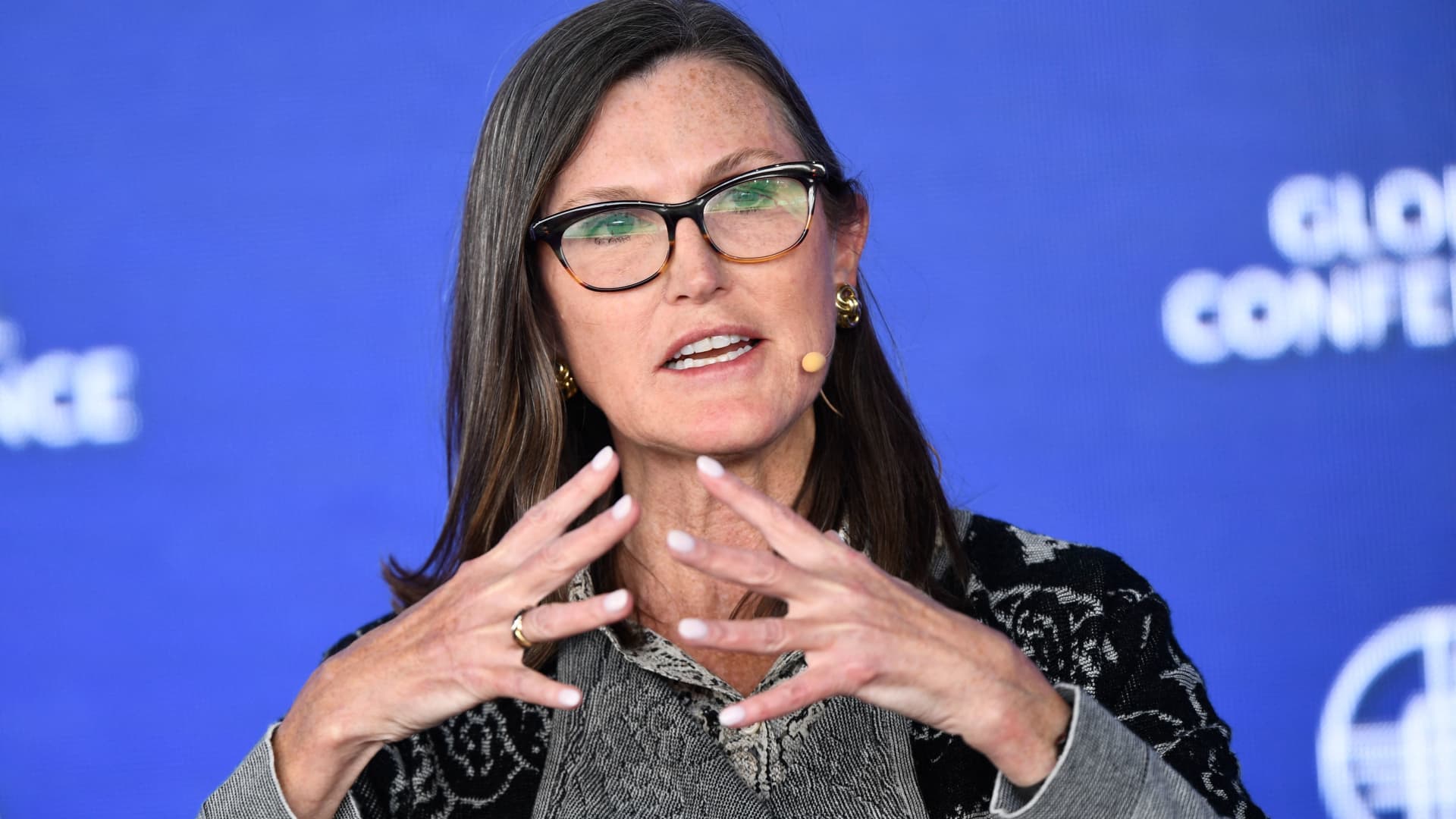Technology
Tuesday, January 9th, 2024 3:13 pm EDT
Key Points
- EU Launches Merger Investigation into Microsoft’s Investment in OpenAI: The European Union’s executive arm, the European Commission, has signaled the initiation of a full-blown merger investigation into Microsoft’s multibillion-dollar investment in OpenAI. The Commission announced its focus on the markets for virtual worlds and generative artificial intelligence, aiming to assess the competitiveness of these markets and explore the potential role of competition law. As part of the investigation, the Commission is examining agreements between major digital market players and generative AI developers, with particular attention to the Microsoft-OpenAI partnership. The scrutiny is aimed at determining whether Microsoft’s investment in OpenAI is subject to review under the EU Merger Regulation.
- Microsoft’s Extensive Investment in OpenAI Faces Global Regulatory Scrutiny: Microsoft’s substantial investment in OpenAI, beginning with a $1 billion cash contribution in 2019 and reportedly increasing to a total of $13 billion by 2022, has attracted global regulatory attention. The European Commission’s announcement follows similar reviews by the UK’s Competition and Markets Authority (CMA) and the US Federal Trade Commission (FTC). The CMA, in its assessment, is considering whether Microsoft’s stake in OpenAI created a “relevant merger situation,” expressing concerns about governance developments within OpenAI, some of which involve Microsoft. The international regulatory scrutiny underscores the broader concerns surrounding Microsoft’s influence and access to OpenAI’s advanced AI tools, particularly the GPT-4 large language model, capable of handling a substantial amount of input text.
- Concerns Over Governance and Control in Microsoft-OpenAI Partnership: The heart of the concerns lies in Microsoft’s close partnership and significant investment in OpenAI, which grants the tech giant access to advanced AI tools, including the powerful GPT-4 language model. Microsoft’s observer status on OpenAI’s board, named Dee Templeton, has raised concerns about potential governance control. While Microsoft emphasizes that the observer is a nonvoting member with no governing authority, critics worry about the implications. The CMA’s assessment involves scrutinizing developments in OpenAI’s governance, and Microsoft has sought to clarify that it does not hold equity ownership in OpenAI, only entitlement to profit distributions. The global reviews reflect the increasing scrutiny on partnerships between major tech players and advanced AI developers, especially as AI tools like GPT-4 exhibit capabilities approaching human-level performance and potential artificial general intelligence (AGI).
The European Union’s executive arm, the European Commission, has indicated its intention to launch a full-scale merger investigation into Microsoft’s multibillion-dollar investment in OpenAI, a prominent artificial intelligence firm. The probe will focus on the markets for virtual worlds and generative artificial intelligence, aiming to assess their competitiveness and explore the role of competition law in these domains. Specifically, the Commission is scrutinizing agreements between major digital market players and generative AI developers, with a particular emphasis on the Microsoft-OpenAI partnership. Microsoft’s substantial investment in OpenAI, which began in 2019 with a $1 billion cash contribution and reportedly increased to a total of $13 billion by 2022, has raised concerns about potential governance influence and control exerted by Microsoft over OpenAI.
The EU investigation follows similar actions by the UK’s Competition and Markets Authority (CMA) and the US Federal Trade Commission (FTC), both of which are scrutinizing Microsoft’s investment in OpenAI. The CMA, in particular, is examining whether Microsoft’s stake in OpenAI created a “relevant merger situation,” citing governance developments within OpenAI as a primary source of concern. Earlier, the CMA announced its initial review, expressing worries about Microsoft’s potential control over OpenAI due to governance changes and the addition of Microsoft’s observer to OpenAI’s board. Microsoft has consistently asserted that its observer, Dee Templeton, is a nonvoting member with no governing authority or control over OpenAI’s operations. The EU investigation raises questions about Microsoft’s close partnership and investment in OpenAI, granting the tech giant access to advanced AI tools, including OpenAI’s GPT-4 large language model known for its significant capacity to handle input text. Academics have praised GPT-4 for human-level performance in various exams, and there is speculation about its potential proximity to artificial general intelligence (AGI). The investigation is part of the broader effort by regulatory bodies to ensure fair competition and safeguard innovation in the rapidly developing fields of virtual worlds and generative AI.
For the full original article on CNBC, please click here: https://www.cnbc.com/2024/01/09/microsoft-investment-in-openai-may-face-eu-merger-probe.html




